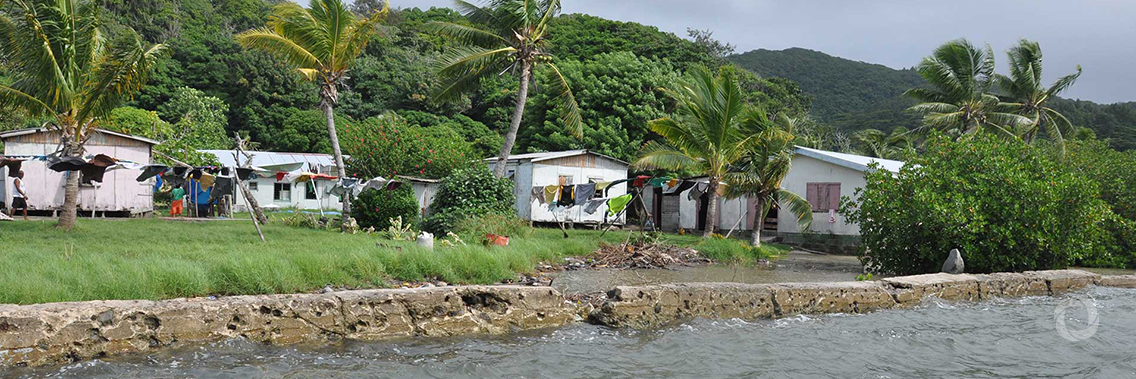This week signals the start of a EUR 12 million project designed to build the resilience of 15 Pacific countries to threats posed by climate change, which Pacific Island Forum leaders have repeatedly identified as the single greatest threat to the livelihoods, security, and well-being of the peoples of the Pacific.
The Pacific Adaptation to Climate Change and Resilience Building (PACRES) project is financed through the Intra-African, Caribbean and Pacific (ACP) Global Climate Change Alliance Plus (GCCA+) Programme which is an initiative of the African, Caribbean and Pacific (ACP) Group of States, funded by the 11th EDF. The Intra-ACP GCCA+ PACRES will be delivered collaboratively by the agencies of the Council of Regional Organisations of the Pacific (CROP) – the Secretariat of the Pacific Regional Environment Programme (SPREP), the Pacific Community, the Pacific Islands Forum Secretariat and the University of the South Pacific (USP), in close consultation with SPREP Member countries and Timor-Leste.
“The European Union remains committed and will continue to support climate change adaptation in the Pacific and to coordinate and partner with the CROP agencies to deliver concrete results in line with the strategies elaborated by the Pacific governments,” said the EU Programme Manager for the Intra-ACP GCCA+ PACRES Project, Ms. Jenny Brown.
Additionally, the Intra-ACP GCCA+ PACRES will also improve information sharing and develop national capacity to address climate change and build disaster resilience through enhanced training, studies and research opportunities. It is also expected to benefit other regions as it will seek to strengthen networks and share knowledge with other ACP regions and engage the private sector to address climate change and build disaster resilience.
The Cook Islands, Federated States of Micronesia, Fiji, Kiribati, Nauru, Niue, Palau, Papua New Guinea, Republic of the Marshall Islands, Samoa, Solomon Islands, Timor-Leste, Tonga, Tuvalu and Vanuatu are the country partners for the project.
Original source: ACP
Published on 02 April 2019

